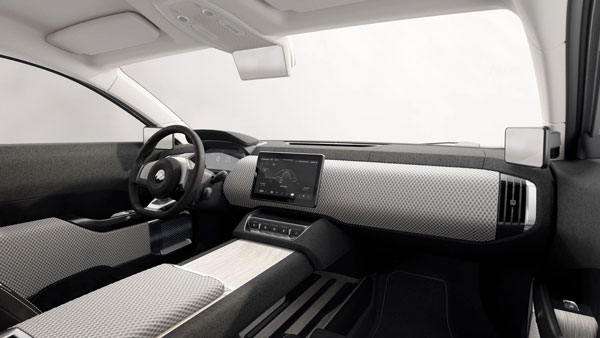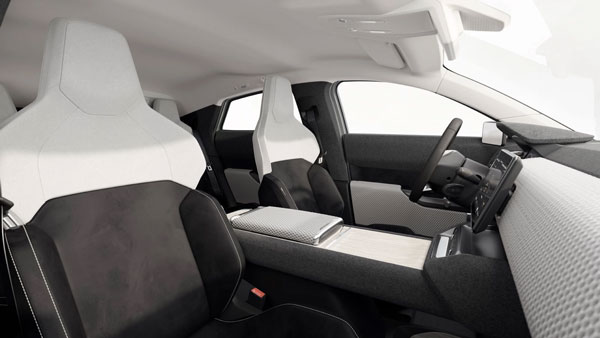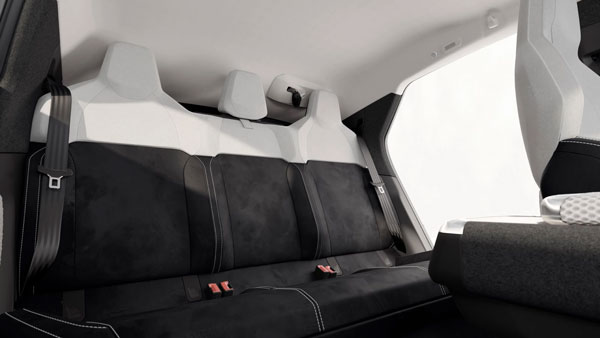Solar electric vehicles that can run for 7 months without charging are being put into mass production
Lightyear, a Dutch startup company, recently announced that it has started producing the world's first solar car, Lightyear 0. This is the world's first mass-produced electric car. and generating energy directly from sunlight was introduced by the company in the first month of July.
The Lightyear 0, the company's first prototype, is priced at 250,000 euros ($259,000) and currently has about 150 pre-orders.
Lightyear's plan is to produce about 1,000 Lightyearr0s at the Valmet Automotive Oyj facility in Finland. Initially, the production rate will be 1 car per week. The company expects production to increase to 5 units/week in the second half of 2023.
Lightyear 0 has an elongated design, weight 1,575 kg, length more than 5m equivalent to BMW Series-7.
The car's roof is designed to be aerodynamically beveled back with a wind resistance coefficient of only 0.19, on par with current sports car models, possibly a competitor to the Mercedes EQXX concept. It is expected that Lightyear 0 will become the most aerodynamic family car sold.

The most prominent feature of this electric vehicle is the curved solar panels that allow it to charge itself at any time. Although these integrated solar panels cannot fully recharge the vehicle's battery, they can gradually and continuously recharge when the vehicle is running on a sunny day.
Lightyear said the solar panels can continuously trickle charge with a capacity of up to 1.05 kW under ideal conditions.
In summer, solar panels allow the electric vehicle to increase its range to up to 70 km per day. In case the user only travels 35km a day to work, the car can be used for up to 7 months before needing to charge in the weather in Portugal.
According to Lightyear's estimates, thanks to its aerodynamic design and high-performance electric motors located in the wheels, this electric vehicle can travel 625 km per charge on electric power. When traveling at a speed of 110 km/h, the car can travel a distance of 560km on a single charge.

Lightyear 0 is equipped with a battery pack with a capacity of 60 kWh and comes with fast charging technology. The car can travel up to 200km/1 hour of charging with public charging and with slow charging at home it is 32km/1 hour.
The vehicle is equipped with 4 electric motors providing 174 horsepower and 1,720 Nm of torque. Lightyear 0 can accelerate from 0-100 km/h in 10 seconds. The maximum speed of the car is 160km/h.
The Lightyear 0's interior is quite simple and uses mostly environmentally friendly materials such as recycled plastic bottles, insulating grain foam, and vegetable-based leather.



The car is equipped with a 10.1-inch central touch screen running on the Android Automotive operating system. In addition, the car is also integrated with Android Auto system, Apple CarPlay, and over-the-air software update feature.
For more detailed information about the vehicle configuration, you can see here: https://lightyear.one/lightyear-0